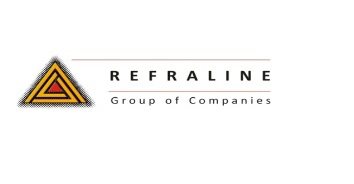Information
-
Document No.
-
Audit Title
-
Client / Site
-
Conducted on
-
Prepared by
-
Location
-
Personnel
Scope of Audit
Opening meeting
List attendees and their roles.
-
Complete attendance register
-
Objectives of the audit. -Not to reject the system -re-currence may point to system failure - cant cover all aspects. -where no non-conformance detected does not mean non exist sample of activities.
-
Review of audit programme:
-
Company representative
-
Names
-
Function of company representative:
-
Time of closing meeting:
-
Confidentiality
-
Reasons for aborting audit:
-
Invite questions
-
Comments
Overview of organisation
-
Comments
Results of previous audits:
-
Comments
4.5.1 Performance measurement and monitoring
-
Progressive statistical data: <br> Injury/occupational illness/diseases statistics for current and previous 12 months<br>
-
Damage statistics for current and previous 12 months<br>
-
Environmental incidents for current and previous 12 months <br>
-
Non conformance statistics for current and previous 12 months <br>
-
Annual consolidation of progressive year's statistics for comparative purposes <br>
-
Statistics consolidated and available in graphic format <br>
-
Analysis of statistics <br> <br>
-
Statistics categorised and analysed to identify trends <br>
-
Medical trends for non occupational illness/diseases evaluated to identify possible <br>
-
underlying work/hobby health hazard exposure sources <br>
-
At least an annual report to top management on incident statistic analysis (covers identified risks, increasing/decreasing trends) <br>
-
Occupational health variances to form part of statistical data and used for remedial action <br> <br>
-
Statistics published and circulated <br>
-
Statistical tabled for discussions at SHE committee meetings <br>
4.5.1 Performance measurement and monitoring
-
Monitor the SHE performance of employees and the effectiveness of risk control measures <br>
4.5.1 Planned job observation
-
Supervisors in possession of up to date JSA/WSWP's <br>
-
Supervisors trained in the correct method and purpose of task observations <br>
-
Deviation trends analysed and associated system weakness identified and corrected<br>
Closing meeting
-
Attendance register
-
Signing
-
Feedback on deviations and findings
-
Invite questions
Sign off
-
Auditor's signature
-
Site representative and management signature
-
Date and time








